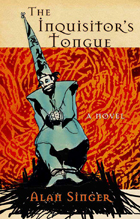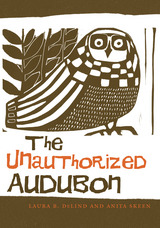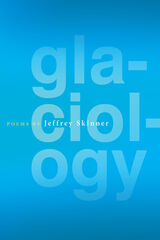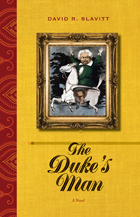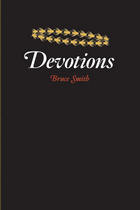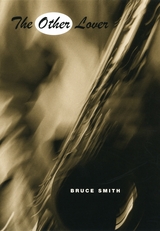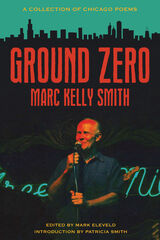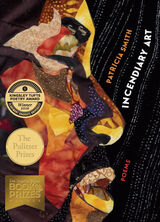The Duke's Man: A Novel
Northwestern University Press, 2011
Paper: 978-0-8101-2700-5 | eISBN: 978-0-8101-6486-4
Library of Congress Classification PS3569.L3D85 2011
Dewey Decimal Classification 813.54
Paper: 978-0-8101-2700-5 | eISBN: 978-0-8101-6486-4
Library of Congress Classification PS3569.L3D85 2011
Dewey Decimal Classification 813.54
ABOUT THIS BOOK | AUTHOR BIOGRAPHY | REVIEWS
ABOUT THIS BOOK
Historical fiction has long ranked somewhere just above romance novels and mysteries in the great chain of literary respectability, yet as David Slavitt points out in his humorous yet loving send-up of the genre, riches might be found in the most unlikely sources. The Duke’s Man is, in a way, old and new—a condensation and commentary and a literary mash-up. The eponymous character is Louis de Clermont, Comte de Bussy d’Amboise, a gentleman of the court of King Henri III of France, and the hero of Dumas’ three-volume historical novel La Dame de Monsoreau (1846). Dumas’ novel serves here as inspiration, pre-text, and pretext for a commentary that veers off into numerous historical and biographical digressions, musings on narrative and the novel, and parody.
Focusing on one aspect of Dumas’ novel—the doomed love story of Bussy d’Amboise and Diana de Monsoreau—Slavitt excerpts key passages, which are extended and undercut by the narrator’s comments. The result is a radically abridged book with its own life and verve. The first of the quoted scenes, in which the names of Bussy’s assailants are replaced with those of French cheeses, sets the irreverent tone for all that follows. The book pokes fun at Dumas’ exclamatory style and flamboyant archaisms (“morbleu!” “pardieu!”), the implausibility of the swordfights, the unnecessary contortions of the political plot, the conventional passivity of the heroine, and the coyness of his love scenes. Residing somewhere between Nabokov’s Pale Fire and Quirk Books’ mash-ups (Pride and Prejudice and Zombies, etc.), The Duke’s Man’s blend of quotation, commentary, and fiction raises searching questions about realism and truth.
Focusing on one aspect of Dumas’ novel—the doomed love story of Bussy d’Amboise and Diana de Monsoreau—Slavitt excerpts key passages, which are extended and undercut by the narrator’s comments. The result is a radically abridged book with its own life and verve. The first of the quoted scenes, in which the names of Bussy’s assailants are replaced with those of French cheeses, sets the irreverent tone for all that follows. The book pokes fun at Dumas’ exclamatory style and flamboyant archaisms (“morbleu!” “pardieu!”), the implausibility of the swordfights, the unnecessary contortions of the political plot, the conventional passivity of the heroine, and the coyness of his love scenes. Residing somewhere between Nabokov’s Pale Fire and Quirk Books’ mash-ups (Pride and Prejudice and Zombies, etc.), The Duke’s Man’s blend of quotation, commentary, and fiction raises searching questions about realism and truth.
See other books on: 16th century | Fiction | France | Novel | Slavitt, David R.
See other titles from Northwestern University Press



